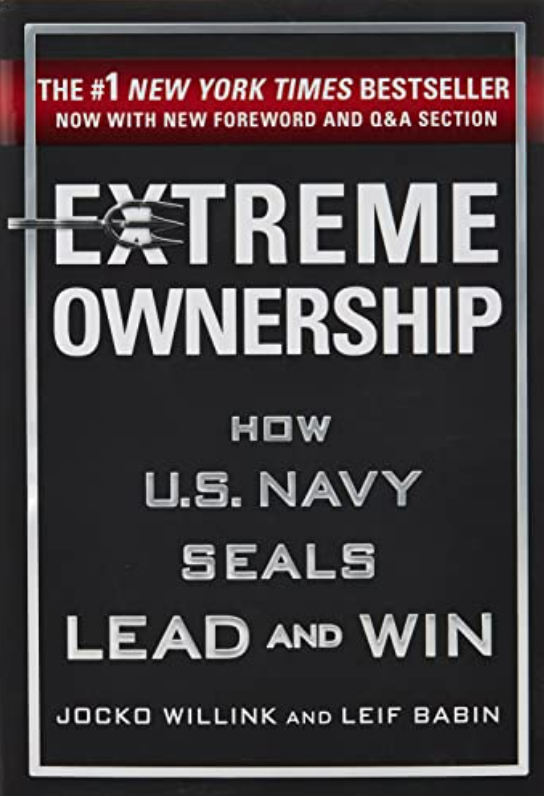Self-inflicted wounds. I recently wrote a post about this very topic. But the more I’ve thought about it, the more I realized that there was still much to be said about a problem that many of us, no matter our industry, suffer from. Regardless of where we inspect or how long we’ve been at it, the more we think about it, the more we realize that we’re the one’s causing a lot of our own problems. An overwhelming desire to grow our business can lead us down a problematic trail. We discover that we’re regularly too cursory, too undervalued, too cutthroat, and too subservient to our overlords. We’re the answer to the question “What’s causing the most problems in our business?” When it comes down to it, most of our difficulties are self-inflicted.

Yes, you read that right: I believe that most of our problems are self-inflicted.
How’s that for the start of a rant?
Many inspectors fall under the classification of cursory. Defined as “done quickly and without giving enough attention to details,” as in a “cursory glance/examination/inspection,” most inspectors can be accurately described as doing a cursory inspection. The standards that inspectors are required to follow provide for exactly that, and more than one “professional inspector” is glad to adhere to these industry minimums. Even though clients think that they are paying for an in-depth analysis of their new property, these speedy inspectors are more than happy to collect in-depth money while providing something as far removed from in-depth as possible.
A thorough inspector is getting harder to find.
Which brings us to our next point: being undervalued, which is often defined as “having an underestimated financial value.” Think about it; if you’re doing a quickie inspection, you’re likely going to be hesitant to charge a premium for your services. Why would you? If you’re inspection is akin to a McDonald’s Happy Meal, you certainly aren’t going to try to charge Ruth’s Chris Steakhouse prices for your services.
It’s low-priced, bare-bones inspectors that help drive down the value of our services. Most consumers don’t know that there’s a difference between inspectors, and many agents aren’t too keen on having their clients choose a thorough inspector to do their pre-purchase inspection. “If they don’t inspect too much, they don’t find too much” is a constant refrain among lower end real estate agents. They’re more than happy to have a quickie inspector run through the house in under 45 minutes, delivering their completed “report” to the clients before they even leave the property.
Many inspectors will bristle at the thought of charging more for their services, arguing that their low-priced competitors will end up with all the inspections as they price themselves out of a job. That’s the thing, though, the bottom of the barrel inspector is not really our competition. They’re playing checkers while we’re playing chess. We’re offering a superior product and should be compensated accordingly. No one is getting a Ruth’s Chris porterhouse for the price of a Quarter Pounder with cheese, why should we be expected to offer a quality inspection for Dollar Store prices?
Every business has it’s version of cutthroat, and the inspection industry is no different. Defined as “competing in a strong and unfair way, without considering any harm caused to others,” cutthroat inspectors will do anything and everything to build themselves up while trying to knock down their competitors. Little do they realize, their badmouthing helps destroy the credibility of the inspection industry. Telling everyone that home inspectors are dishonest, but you’re different from everybody else, is not an effective marketing strategy. Creating bad feeling towards our industry, while simultaneously hoping to spare yourself in the process, is a recipe for failure. When we’re painted with broad strokes, we all end up messy.
Many inspectors rely on real estate agents for much of their business, and all too often we find ourselves doing more and more of that agent’s job. If someone is responsible for referring clients to us, it’s only natural (and a good business move) to make it as easy as possible for them to work with us. Being easy to get ahold of, responding in an expeditious manner, being timely in all our endeavors, and ensuring that our product is easy to work with are all effective strategies for encouraging someone to work with us. Trying to get a leg up on our competition by doing some of that referring agent’s job is a recipe for disaster.
We work hard for the money we earn; why shouldn’t the agent do the same? Slowly but surely, inspectors are doing more and more of what used to be considered the agent’s job (advising clients on what to ask for in negotiations, recommending contractors, letting ourselves into houses for inspections, etc.) Eventually, we’ll be dropping off commission checks to agents while they’re sitting on the couch watching soap operas and eating bon-bons. Regardless of what’s currently happening in the realm of agent commission structure, Realtors are nicely compensated for what they do; why not let them do their job and we’ll stick to ours?

Self-inflicted wounds hurt. Wouldn’t it make more sense for us to all work harder to raise up our industry, increasing the value we provide while at the same time increasing the value we provide to our retirement fund?
Being a professional inspector is a difficult thing to do. It takes time, money, energy, and dedication to be the best we can be.
It’s time we started acting like it.
Would you like to get an email every Friday where we share the newest things we’ve discovered about home inspections? CLICK HERE to sign up.
Want to be an Influencer in Your Field? Share This Post!
Thanks, Joe


